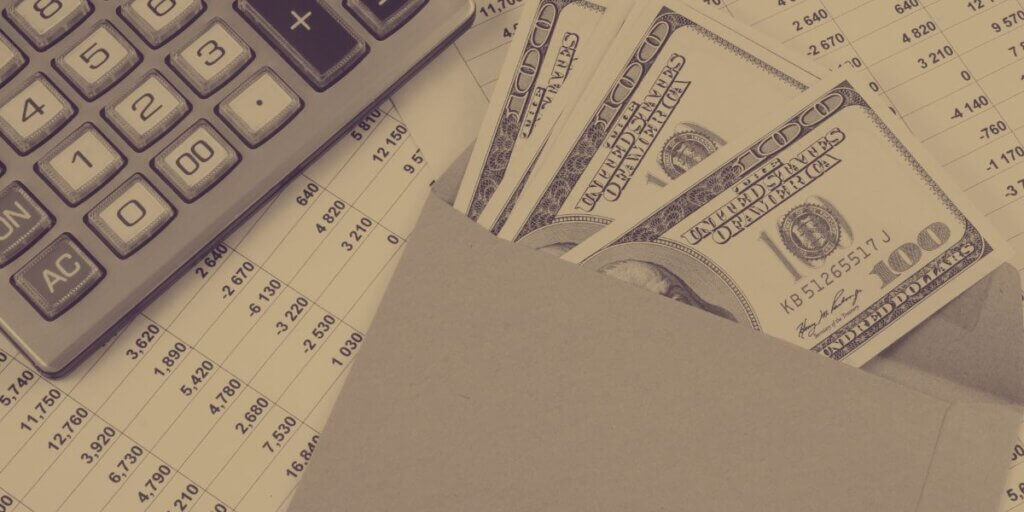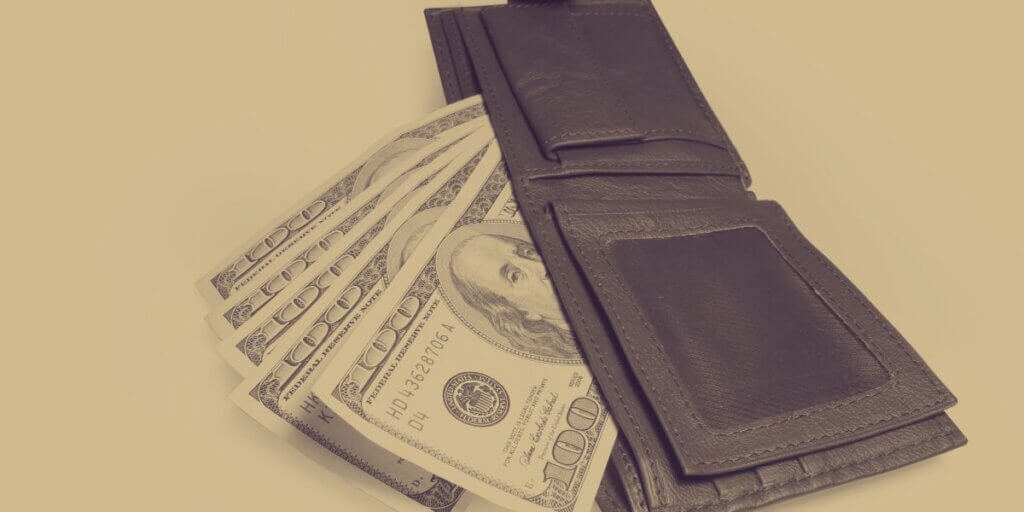Lower your internet bill
61% of people overpay for their internet.
Are you one of them?
Unlock exclusive offers in your area!
Call now
[tel]Enter zip code
1 Star is Poor & 5 Stars is Excellent.
* Required

Written by Rosslyn Elliott - Pub. Oct 08, 2024 / Updated Oct 08, 2024
Table of Contents
Are you happy with your Internet service?

About the author
Budgets! Ugh! Even the mention of budgeting can trigger anxiety. When you are really busy with work, family, and other obligations, it sometimes feels impossible to find time to sit down and think about money management.
Budgeting apps on your phone or your computer can make it much easier to manage your personal finances. Automated expense tracking makes your monthly spending clear. Once you know where your money is going, you can decide on your priorities.
Read on to learn about the best budgeting apps available this year and how these apps will support your budgeting strategy [1].
Most of us could use a little help with our budget planning. The lower your annual income, the harder it can be to think about saving or figure out strategies to build a better future. Even when you earn more, expenses such as unexpected health bills or big car repairs can derail your plans.
Given the cost of living today and the challenge presented by the tight housing market, you might be looking for some planning and tracking assistance with your budget [2].
Here are some ways that budgeting apps can help.

Unexpected expenses derail a budget
Before we go into detail on each of these apps, here’s a quick list showing which apps are free, and which require a subscription:
Free Apps:
Paid Apps (with some offering free versions):

Here are our top ten budgeting apps for 2024. After this in-depth breakdown, we’ll explore the difference between budgeting strategies and how security works to protect your private information [4].
Best for: Overall budgeting and financial management
Simplifi is a relatively new player in the budgeting app space, but it has quickly become a favorite due to its user-friendly interface and comprehensive features.
Key Features:
Pros:
Cons:
Best for: Zero-based budgeting strategy
YNAB is built on the principle of giving every dollar a job, which aligns perfectly with the zero-based budgeting method.
Key Features:
Pros:
Cons:

Budgeting apps can help
Best for: Simplicity and overspending prevention
If you’re looking for a straightforward app to help curb overspending, PocketGuard might be the perfect fit.
Key Features:
Pros:
Cons:
Best for: Collaborative budgeting and investing
Monarch Money stands out for its ability to handle both budgeting and investment tracking in one place.
Key Features:
Pros:
Cons:
Best for: Envelope budgeting system users
Goodbudget digitizes the traditional envelope budgeting system, making it perfect for those who prefer this method.
Key Features:
Pros:
Cons:

Envelope system started decades ago
Best for: Investment-focused budgeters
While Personal Capital offers budgeting tools, its real strength lies in investment tracking and analysis.
Key Features:
Pros:
Cons:
Best for: Dave Ramsey followers
Created by personal finance guru Dave Ramsey, EveryDollar is designed to help users follow his Baby Steps program.
Key Features:
Pros:
Cons:
Best for: Credit score monitoring and improvement
While not primarily a budgeting app, Credit Karma offers valuable insights into your credit health alongside basic budgeting features.
Key Features:
Pros:
Cons:

Free credit reports
Best for: Subscription management and bill negotiation
Rocket Money specializes in helping users identify and manage recurring expenses.
Key Features:
Pros:
Cons:
Best for: Teaching kids about money management
Greenlight is designed to help parents teach their children about financial responsibility.
Key Features:
Pros:
Cons:

Pay yourself first
For those who prefer a hands-on approach or want to avoid app fees, spreadsheet templates can be an excellent free alternative [5].
While these require more manual input, they offer complete customization and don’t require sharing financial data with third-party apps.
To make the most of these apps, it’s important to understand the budgeting strategies behind them. Here are some popular approaches to personal budgeting:
This method involves assigning every dollar of income to a specific category, including savings and debt repayment. The goal is to have your income minus your expenses equal zero. (Strategy used by YNAB and EveryDollar)
This strategy suggests allocating 50% of your income to needs, 30% to wants, and 20% to savings and debt repayment. (Strategy used by apps like Simplifi and PocketGuard)
The envelope system started in pre-digital days with cash and physical envelopes [6]. Budgeting apps use the same strategy by allocating specific amounts to different spending categories at the beginning of each month. (Strategy used by Goodbudget)
This approach prioritizes saving by setting aside a portion of your income for savings goals before budgeting for expenses. You can use this approach in almost any digital budgeting app.
When selecting a budgeting app, consider the following factors:
Online security is crucial for dealing with sensitive financial information. Most reputable budgeting apps use several layers of security protection [7]:
Always review an app’s security policies before signing up and sharing your financial information.

Sync with your bank
The ease of connecting your bank accounts and credit cards can greatly impact your experience with a budgeting app. Most apps use secure APIs or third-party services like Plaid to connect to thousands of financial institutions [8]. This allows for automatic imports of transactions and account balances.
However, the quality of these connections can vary. Some things to consider:
Reading user reviews can give you insight on how well an app integrates with various financial institutions.
Once you’ve chosen an app, here are some tips to maximize its effectiveness:
As technology continues to evolve, we can expect budgeting apps to become even more sophisticated. Some trends to watch for include:
Budgeting apps don’t usually take a lot of your bandwidth or storage space.
They will usually take up less than 100K of storage space on a phone, and browsing their sites on the internet doesn’t take up too much bandwidth. Of course, if you are watching an educational video on the site, streaming video is a heavier data task, but still not usually a problem with most standard definition online videos.
If you are working with a very low internet speed or a data allowance, you might want to check out your other options for internet providers in your area, including plan details and prices.
[1] UPenn.edu. “Popular Budgeting Strategies."
[2] Consumer.gov. “Making a Budget."
[3] NerdWallet.com. “Best Budgeting Apps."
[4] Forbes.com. “Bst Budgeting Apps."
[5] Vox.com. “Best Budgeting App for Mint Replacement: YNAB."
[6] Investopedia.com. “Envelope Budgeting System."
[7] USNews.com. “How safe are budget tracking apps?"
[8] PCMag.com. “The Best Personal Finance and Budgeting Apps."

About the author
Congratulations, you qualify for deals on internet plans.
Speak with our specialists to access all local discounts and limited time offers in your area.
[tel]61% of people overpay for their internet.
Are you one of them?
Unlock exclusive offers in your area!
Call now
[tel]Enter zip code